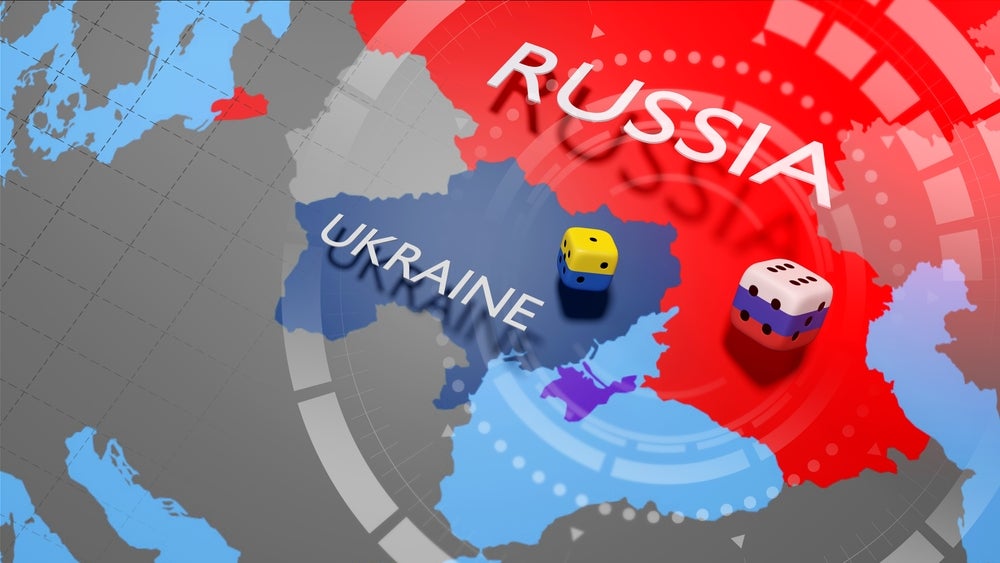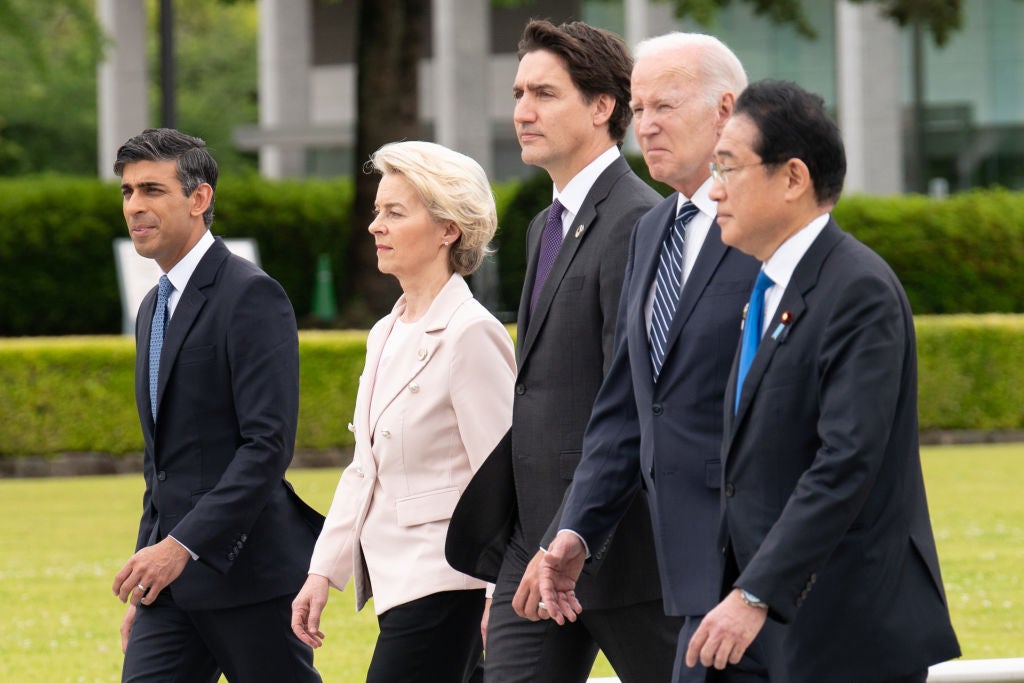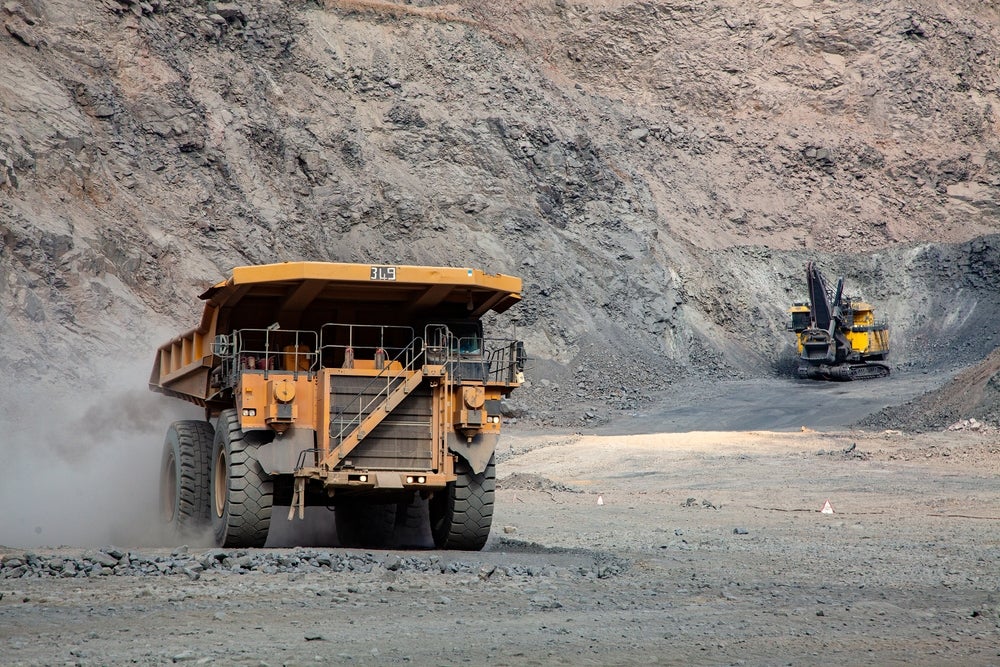
The leasing market in Russia is undergoing radical transformation due to ever-tightening international sanctions and its growing global isolation following Moscow’s border crossing into Ukraine on 24 February 2022 and its ongoing military assault.
According to organisers of a 14 April conference in Moscow – entitled, The Future of the Leasing Market: Crisis Transformation and Prospects – the total volume of new leasing business in Russia decreased 13% last year, equivalent to just under 2 trillion rubles (£20bn).
Russia is ranked 13th globally for its annual leasing volume in 2022, estimated at £17bn, according to the 2023 Solifi Global Leasing Report.
The US, the EU and the UK have imposed sanctions targeting Russia’s financial sector as well as its aviation, shipping, defence, aerospace and energy sectors.
According to the House of Commons, to date:
- 1,550 individuals and 180 entities are subject to UK sanctions in Russia
- 1,473 individuals and 205 entities are subject to EU sanctions in Russia
- The UK has targeted over 130 Russian oligarchs (with a net worth of over £140bn)
The recently concluded G7 Summit in Japan (19-21 May), has announced fresh sanctions on Russian diamonds, metals and the military-industrial complex.
How well do you really know your competitors?
Access the most comprehensive Company Profiles on the market, powered by GlobalData. Save hours of research. Gain competitive edge.

Thank you!
Your download email will arrive shortly
Not ready to buy yet? Download a free sample
We are confident about the unique quality of our Company Profiles. However, we want you to make the most beneficial decision for your business, so we offer a free sample that you can download by submitting the below form
By GlobalData
The International Monetary Fund (IMF) had initially forecast that the Russian economy would contract by 8.5% in 2022 but has since revised this to a 2.1% fall. The IMF has projected growth of 0.7% this year.
With Russia on a war footing, the Kremlin has devoted much of its spending away from productive activities to fund its military muscle (as has Western and Central Europe).
“Russian military spending grew by an estimated 9.2% in 2022, to around $86.4bn. This was equivalent to 4.1% of Russia’s gross domestic product (GDP) in 2022, up from 3.7% of GDP in 2021, according to the Stockholm International Peace Research Institute.
Zoya Sovetkina, director of Expert RA, a Russia-based credit ratings agency and leasing analyst, told delegates at the conference that Russia has seen an unprecedented drop in new leasing contracts, with business down 20% in 2022 compared to 2021.
Sovetkina said a decrease in investment activity, difficulties with international supply chains, and a fall in the purchasing power of local consumers are also contributing stresses under for lessors across Russia today.
“The exodus of large foreign brands also had a great impact on the market, which resulted in an increase in a shortage of equipment alongside an increase in the cost of leasing services,” Sovetkina explained.
In March 2023, Reuters reported that Russia-based private equity firm Insight Investment Group had bought John Deere Financial LLC, the Russian leasing arm of farm equipment maker Deere & Co, for an undisclosed sum. John Deere suspended shipments of machines to Russia and Belarus in May 2022.
Russia has tightened rules on asset sales by investors from countries that have imposed sanctions against Moscow over its actions in Ukraine. Those selling stakes in Russian assets may now have to do so at half price or less, Reuters reported.
In response to these challenges, the Russian leasing industry has looked to offset these losses by switching to other business segments, by example doing more business in used equipment on lease, whose share of transactions grew to 23%, compared to 14% a year earlier.
The second counter measure is by increasing the supply of equipment from friendly countries, which has led to an increase in the share of Asian brands represented in the total volume of new business, which was 30% against 25% a year earlier.
According to data shared with conference goers, the Russian leasing market is also undergoing significant consolidation, with the nation's top 10 lessors growing their share of new leasing volume from 63% to 75%, in 2022, compared with 2021. Meanwhile, foreign leasing companies' share of total new leasing volume decreased from 8% to 2% over the same period.
One major trend in the Russian market is a fall in leasing activity among large lessees. Meanwhile, small-and-medium-sized businesses improved their leasing activity with their share in leasing contracts up from 65% to 72% in 2022, compared to 2021.
In terms of asset classes, there has been a decrease in sales of passenger cars and light commercial vehicles (LCVs) due to the global exodus of most automakers from the Russian market in the last couple of years.
Against this backdrop, Russia's top auto buyers are switching to Asian brands.
The most high-profile exits by automakers include Renault, Nissan and Mercedes. Meanwhile, Chinese brands such as Haval, Chery and Geely account for almost 40% of Russia's new car sales today, up from less than 10% in January-February of 2022, according to Reuters.
Ilya Lesnikov, development director of AS Finance (a leasing company based in the Urals region), said: “By the end of last year logistical problems were resolved, parallel imports were built and deliveries from China were adjusted, but unfortunately problems with after-sales service for Asian equipment in Russia remain.
According to Lesnikov, competition has become tougher, especially for equipment leasing, and this is a natural process associated with the contraction in some market segments.
Due to current market conditions, Russian leasing companies are pinning their hopes on increased support from the State.
"We hope the State will again introduce tools to support lessees, as subsidisation of the purchase of equipment on lease significantly contributes to sales’ growth,” says Vyacheslav Dorofeev, director of the Carcade Yekaterinburg leasing company.
According to Anton Wolf, director of the Urals regional branch of Sberbank Leasing JSC, a US-sanctioned company, the company saw a decrease in the activity of its clients in Q2 2022, but a recovery was underway by Q4 2022. "We look at 2023 with moderate optimism, Wolf said.
Wolf sees the best prospect for leasing growth in the market for road construction equipment: “We expect a significant increase in this segment, and the first quarter of this year already shows activity.”
According to Wolf, a shortage of suitable equipment currently constrains Russia's industrial development, and with resources for direct purchase scarce, leasing offers an excellent solution for equipment and fleet renewal.
According to a forecast by analyst Zoya Sovetkina, the Russian leasing market in 2023 will show moderate growth of about 10% compared to 2022, although it is likely to be significantly lower than 2021.
Austria’s Raiffeisen explores options for Russian business
Propping up Putin: Carbon bombs and bank asset finance
Asset finance banks in Russia drafted into Kremlin's war effort







